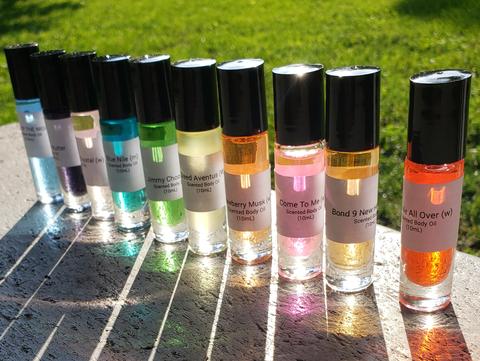News and Information

The Benefits of Using a Natural Apple Cider Vin...
Using apple cider vinegar as a toner, unclogs skin pores and allows your skin to breathe properly, so it is very effective in treating acne and improving acne scars. It...
The Benefits of Using a Natural Apple Cider Vin...
Using apple cider vinegar as a toner, unclogs skin pores and allows your skin to breathe properly, so it is very effective in treating acne and improving acne scars. It...

DIY Apple Cider Vinegar Facial Toner Recipe
Ingredients Distilled or filtered water Organic raw apple cider vinegar It is not recommended to put apple cider vinegar directly on the skin as it can burn. Instead, it's recommended...
DIY Apple Cider Vinegar Facial Toner Recipe
Ingredients Distilled or filtered water Organic raw apple cider vinegar It is not recommended to put apple cider vinegar directly on the skin as it can burn. Instead, it's recommended...

2020 Laptop Giveaway Winners Announced
In our first laptop giveaway as a company at the end of 2020, we are happy to announce the two winners who submitted compelling applications and were awarded a laptop...
2020 Laptop Giveaway Winners Announced
In our first laptop giveaway as a company at the end of 2020, we are happy to announce the two winners who submitted compelling applications and were awarded a laptop...

Hello To Natural to Launch 2021: The Return of ...
Black owned company launches project to engage and build local community amid pandemic.
Hello To Natural to Launch 2021: The Return of ...
Black owned company launches project to engage and build local community amid pandemic.

Why You Should Be Using Scented Body Oils & Es...
Why You Should Be Using Body Oils & Essential Oils Changes in weather, air conditioning and heating, and wearing heavy makeup often take a toll on our skin's ability...
Why You Should Be Using Scented Body Oils & Es...
Why You Should Be Using Body Oils & Essential Oils Changes in weather, air conditioning and heating, and wearing heavy makeup often take a toll on our skin's ability...
